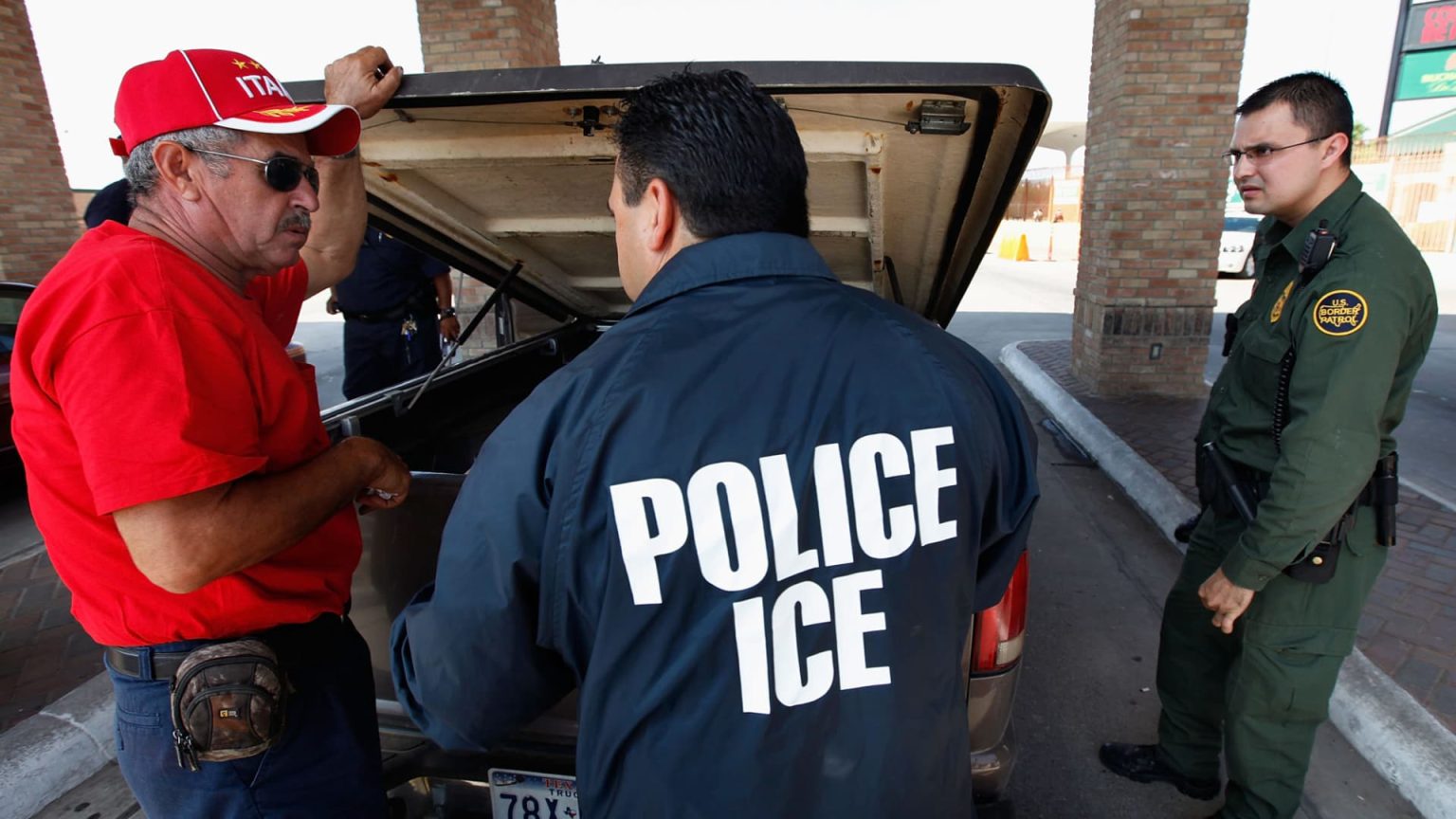More than 13,000 immigrants convicted of homicide, either in the United States or abroad, are currently living freely in the U.S. outside of Immigration and Customs Enforcement (ICE) detention. This information was shared by ICE with Congress, as part of a request from Republican Congressman Tony Gonzales of Texas. These immigrants are part of ICE’s “non-detained” docket, meaning they have pending immigration cases in the U.S., but are not currently in detention. It is not clear when the first migrant of the 13,000 crossed into the U.S. Many of these migrants crossed the border under previous administrations, including former President Donald Trump’s. Trump used this data during a campaign stop in Michigan to criticize Vice President Kamala Harris for current immigration policies.
The release of the data came as a surprise to the White House, which has yet to comment on it. The immigrants convicted of homicide living in the U.S. may have never had contact with ICE, as in many cases their criminal history was not known at the time of entry. Some migrants convicted of crimes are released by state and local officials after serving their time, without ICE being notified, particularly in sanctuary cities. ICE then has to track down these convicts post-release in order to detain and deport them. The agency prioritizes migrants convicted of serious crimes, like homicide, for arrest, but its limited resources prevent them from locating and arresting all individuals on their non-detained docket.
Currently, there are over 7.5 million immigrants on ICE’s “non-detained” docket, meaning they have pending immigration cases but are not currently in detention. The agency is working on increasing cooperation with local jurisdictions who are rethinking their sanctuary policies due to increased attention on migrant crime. NBC News accompanied ICE agents in Maryland earlier this year when they arrested individuals convicted of murder in Colombia and attempted murder in El Salvador. Locating convicted criminals living freely in the U.S. requires significant manpower, from locating them to making the arrest. The resources and efforts of ICE are limited in this regard, thereby hindering their ability to apprehend all individuals with pending immigration cases and criminal convictions.


